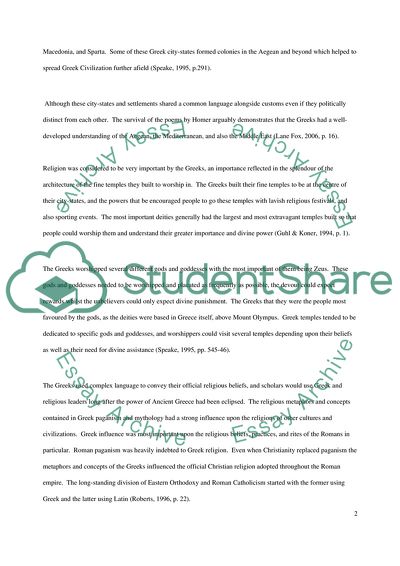Cite this document
(Rome & Greece Essay Example | Topics and Well Written Essays - 1500 words, n.d.)
Rome & Greece Essay Example | Topics and Well Written Essays - 1500 words. https://studentshare.org/history/1711853-rome-greece-comparison-paper
Rome & Greece Essay Example | Topics and Well Written Essays - 1500 words. https://studentshare.org/history/1711853-rome-greece-comparison-paper
(Rome & Greece Essay Example | Topics and Well Written Essays - 1500 Words)
Rome & Greece Essay Example | Topics and Well Written Essays - 1500 Words. https://studentshare.org/history/1711853-rome-greece-comparison-paper.
Rome & Greece Essay Example | Topics and Well Written Essays - 1500 Words. https://studentshare.org/history/1711853-rome-greece-comparison-paper.
“Rome & Greece Essay Example | Topics and Well Written Essays - 1500 Words”. https://studentshare.org/history/1711853-rome-greece-comparison-paper.


